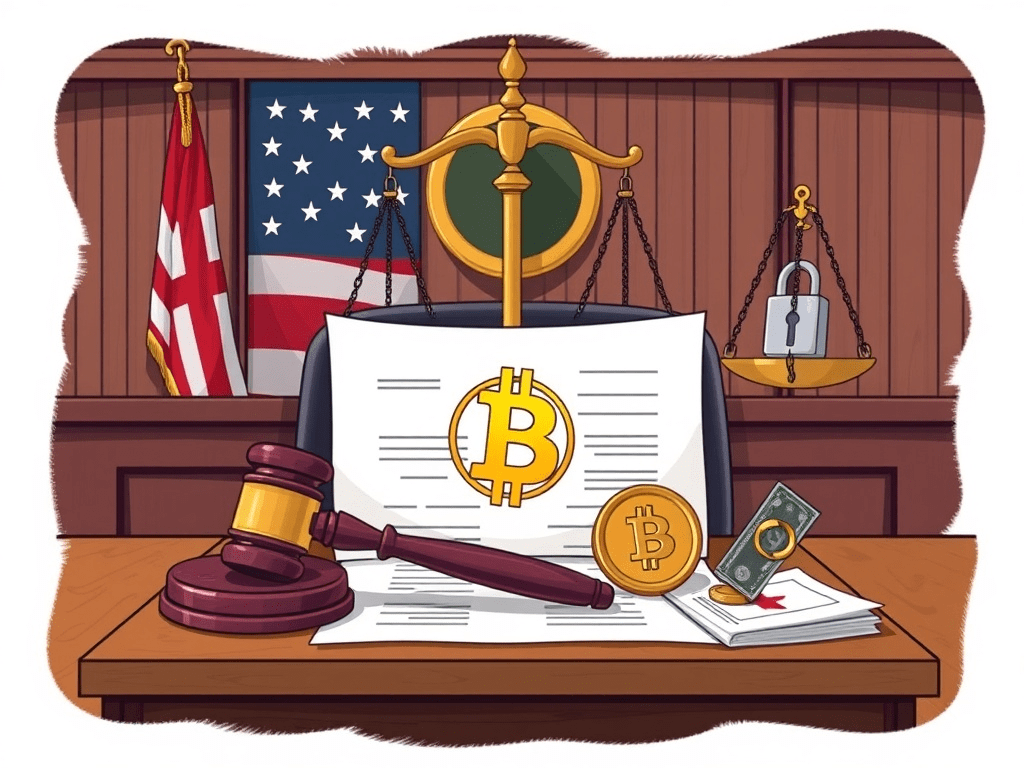After four days of jury deliberations in federal court in New York City, Roman Storm, one of the founders of Tornado Cash, was convicted of only one charge related to operating a money transmission business without obtaining a legal license. In contrast, he was not found guilty of money laundering and violating the International Emergency Economic Powers Act (IEEPA), as the jury could not reach a consensus on those charges.
The central issue of the legal dispute revolved around whether a software developer could be held liable for the use of their tools by third parties. The prosecution asserted that Storm was aware of Tornado Cash being used by suspicious groups like North Korea's "Lazarus Group" to launder over a billion dollars, while he profited from the project by millions of dollars.
Despite the prosecution's demands for Storm to be detained immediately for fear of flight, Judge Katherine Polk Failla decided to release him on bail, noting that there are complex issues still pending in this trial.
The ruling sparked a wave of reactions among developers of privacy tools for cryptocurrencies, especially as it came just days after the founders of the Samurai Wallet admitted guilt in similar cases. These rulings are seen as an indicator of the expanding legal scrutiny of privacy tools in the decentralized finance space.
For its part, privacy advocacy organizations like Coin Center expressed concern over the disregard for the guidance issued by the Financial Crimes Enforcement Network (FinCEN), which states that developers who do not have direct control over users' funds are not considered money transmitters.
The DeFi Education Fund confirmed its intention to support Storm's appeal, with its legal director, Amanda Tominelli, describing the charges as "full of legal loopholes." In contrast, Jay Clayton – the former chairman of the U.S. Securities and Exchange Commission who currently serves as acting attorney general – described the ruling as "a major victory in the fight against cybercrime exploiting emerging technologies."
So far, no date has been set for the final sentencing, and it is not ruled out that the prosecution may reframe some of the charges. However, it is certain that this case has become a significant turning point in the legal discussion about the liability of software developers, and it may leave a long-lasting impact on the future of privacy tools in the crypto space.
---
#TornadoCash #RomanStorm #CryptoPrivacy #DeFi #BlockchainLaw #FinCEN #IEEPA #CryptoNews
